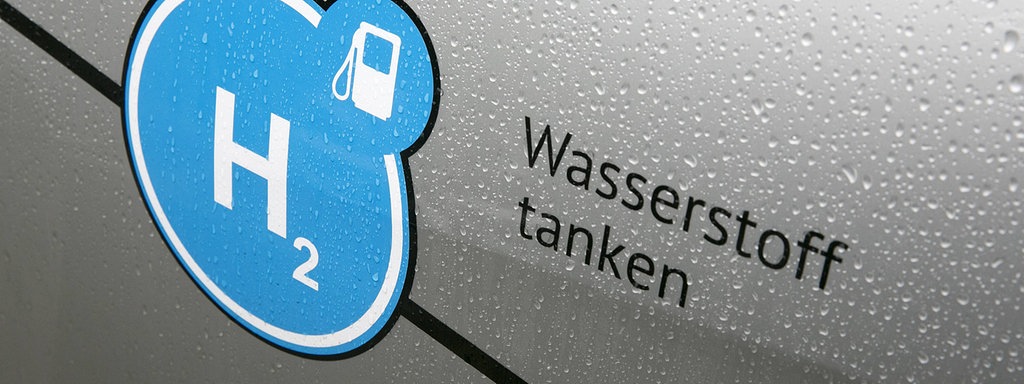
Representatives of the German automotive industry think little of just relying on the battery-electric drive. Above all, the fuel cell impresses with its more environmentally friendly production – but is also not free from problems.
German Automobile executives are convinced to switching to climate-friendly drive systems but not only to electric cars with a battery but also to the fuel cell with hydrogen.
The management consultancy PWC surveyed 210 executives in the industry – 83 percent demand politicians to support mobility in a way that is more open to technology.
Eight out of ten managers surveyed also see automakers themselves as obliged to research and development in an open-technology manner in order to exploit all options for climate-friendly mobility. One option is the fuel cell, “mainly because of the more environmentally friendly production in contrast to the battery,” said the consultant. PWC plans to publish the study this Monday.
“Emancipate from production sites in Asia”
Management consultants, however, rate the fuel cell controversially. It turns hydrogen and oxygen into water vapor and electricity, which then drives an electric motor. The fueling time and range of the cars correspond to those of petrol engines. German companies are leaders in hydrogen technologies. But a lot of electricity is needed to produce the hydrogen, the technology is expensive.
PWC Strategy & European Director Peter Gassmann said that with technology-open research and development “the changeover to climate-friendly drives in this country can be significantly advanced”. Germany and Europe would have to emancipate themselves from production sites in Asia and expand local skills and capacities. This helps to “secure the competitiveness of the automotive industry as Germany’s key industry against American and Chinese competitors”.
No alternative
Thomas Schiller, car specialist for management consultancy Deloitte , told the dpa: “The question is whether e-mobility will still exist in its current form in ten years. In China, demand for electric cars has been falling massively since the government cut subsidies. For example, Japan is investing in hydrogen. “
His colleague Andreas Jentzsch from the Boston Consulting Group, on the other hand, told dpa: “In the long term, the battery cannot be beaten, there is no alternative. They will become more powerful and cheaper, solid batteries will need fewer raw materials. ”Hydrogen is a solution for long-distance trucks.
The bottleneck in the next few years
For the climate, an electric car only pays off today with a mileage of 80,000 kilometers, “with green electricity or nuclear power and battery production in Europe, however, from 40,000 kilometers”. His forecast: “E-cars for less than 40,000 euros with a range of 400 kilometers will bring the breakthrough.”
The construction of charging stations will be the bottleneck in the next few years. “Because the charging network will not grow as quickly as sales of electric cars,” said Jentzsch. The car manufacturers should now absolutely sell these cars: “The ramp-up must come now! Next year, the new cars in the EU will only be able to emit an average of 95 grams of CO2, otherwise it will be expensive for the manufacturers. ”
Elmar Kades, car specialist at the management consultancy AlixPartners, said: “By 2050 we have to be climate neutral. That means new developments: battery, hydrogen, and also optimized combustion engines, possibly with synthetic fuels. ”In the countryside, the combustion engine would also make sense in 2040. “But by 2050, two out of three cars will drive on the road either electrically or with hydrogen. You have to actively shape change now. ”
Deloitte’s Schiller sees the industry in a dilemma: “Today’s automakers have the choice of paying high CO2 penalties to the EU or selling e-cars at prices where they earn little to nothing. E-cars will still be a subsidy business in the next few years. ”That will only change if they have large quantities.
Kades said: “The automaker’s profits continue to decline. A desert of margins lies ahead of them. ”Investments rose, costs sank slowly. But whoever “makes it through the desert will emerge as a winner”.
Federal Minister of Economics Peter Altmaier (CDU) sees “green” hydrogen in a key role in the energy transition. Transport Minister Andreas Scheuer (CSU) has also called for more speed in the distribution of fuel cell drives.
Source: dpa
Read the most up to date Fuel Cell and Hydrogen Industry news at FuelCellsWorks




